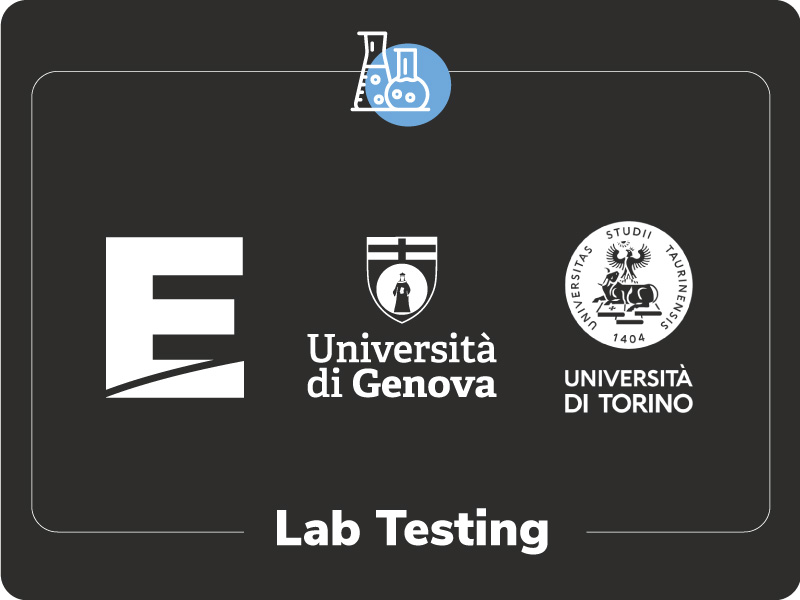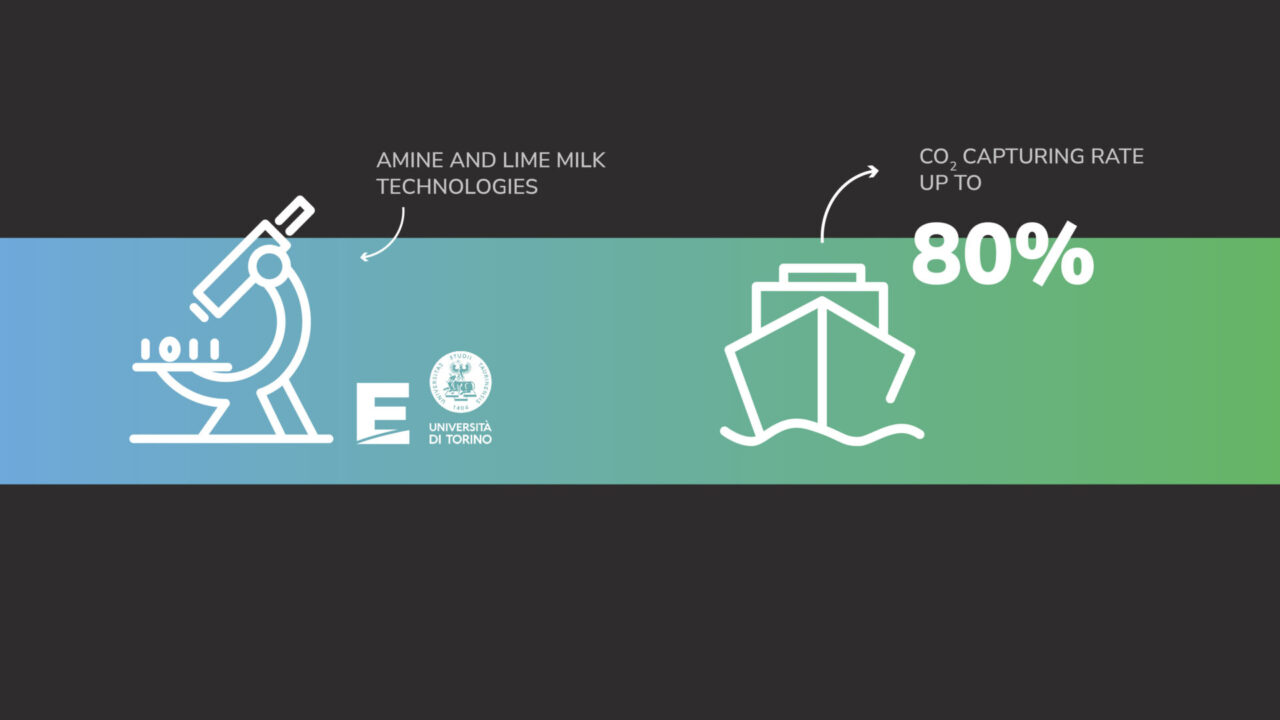Two of these important studies have been recently published. “Process analysis of a molten carbonate fuel cell on-board application to reduce vessel CO₂ emissions” – by Maurizio Archetti, Engineer at Ecospray, in collaboration with Barbara Bosio, Emilio Audasso, and Dario Bove from the University of Genoa – has been published on Chemical Engineering and Processing: Process Intensification. while “Experimental Modeling of CO₂ Sorption/Desorption Cycle with MDEA/PZ Blend: Kinetics and Regeneration Temperature” has been published on Sustainability 2023, by Alex Magnetti Vernai, Engineer at Ecospray, Alice Di Rienzo, Professor Enrico Destefanis and his team from the University of Turin.


Filippo Lossani, director B.U. Marine di Ecospray
“Molten carbonate fuel cells (MCFC) proved to be both practicable and a very promising solution” explains Filippo Lossani, Director B.U. Marine at Ecospray. “The study conducted by Professor Barbara Bosio and her team from the University of Genoa together with Maurizio Archetti from Ecospray, focuses on the refitting of existing ships using molten carbonate fuel cells (MCFC) in order to enable additional energy production and to capture the CO₂ emitted by conventional engines.
The study investigated two possible configurations for CO₂ storage and, with the help of software simulations, demonstrated also the possibility to employ MCFC in existing passenger ships, being possible to isolate liquefied CO₂ for onboard storage”.
On the other hand, the study conducted in collaboration with the University of Turin had its focus on the possibility of amine regeneration in low-pressure and low-temperature conditions.
“Ecospray and the team led by Professor Enrico Destefanis created a laboratory-scaled system for CO₂ absorption and desorption using an amine solution under controlled conditions,” explains Alex Magnetti Vernai, Process Manager at Ecospray, who personally supervised the research. “This study allowed us to verify the absorption-desorption cycle’s replicability and quantify the amount of CO₂ isolated at the end of each cycle. The kinetics of the process and its main parameters were also studied in detail. These laboratory-scale tests were a most important step in the development of our carbon capture process, providing us with the proofs we needed to develop a more complex plant.”

Alex Magnetti Vernai, Process Manager at Ecospray
The collaboration with the University of Turin is ongoing, focusing on energy issue and on the selection of even more powerful amine blends.






